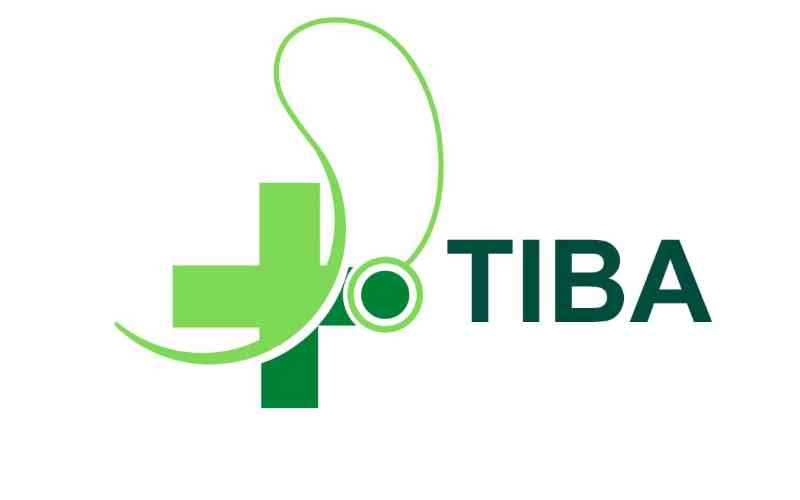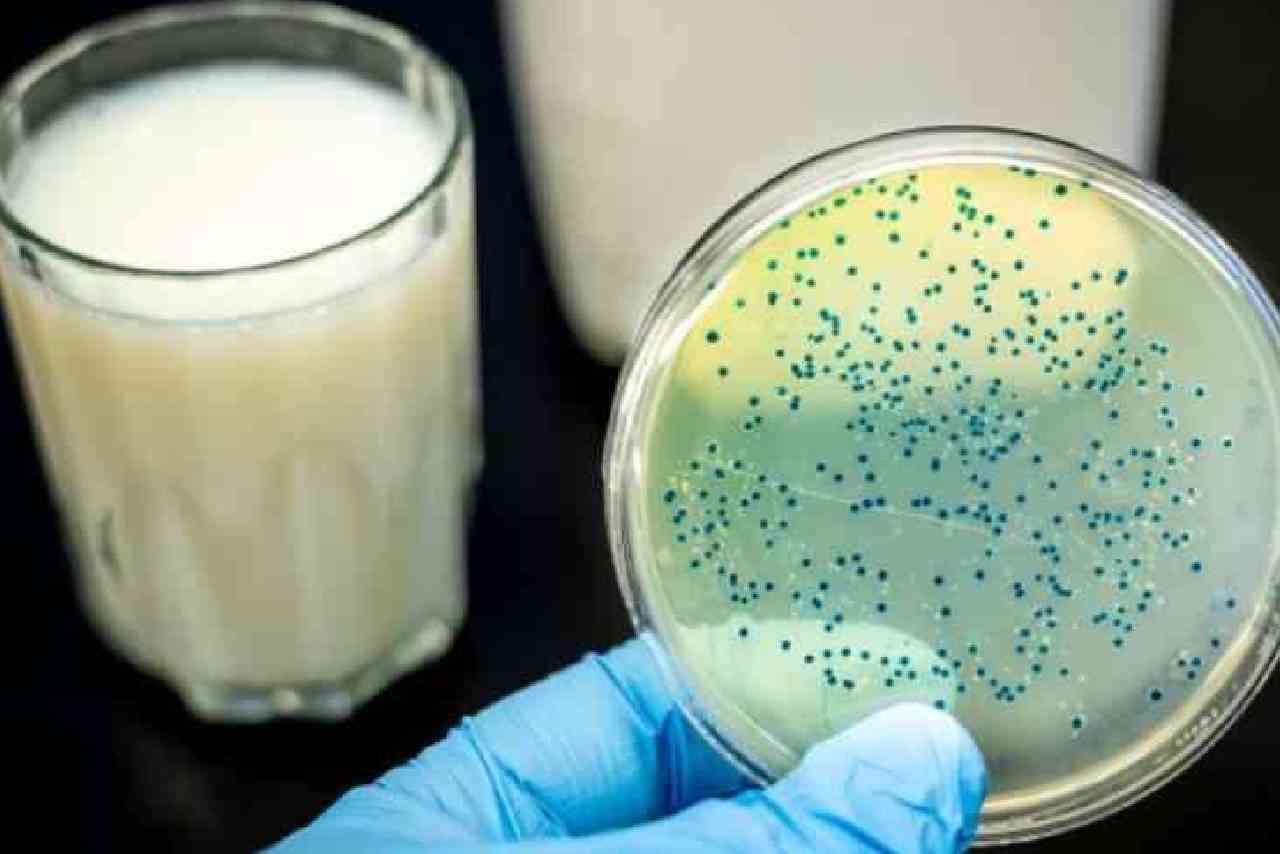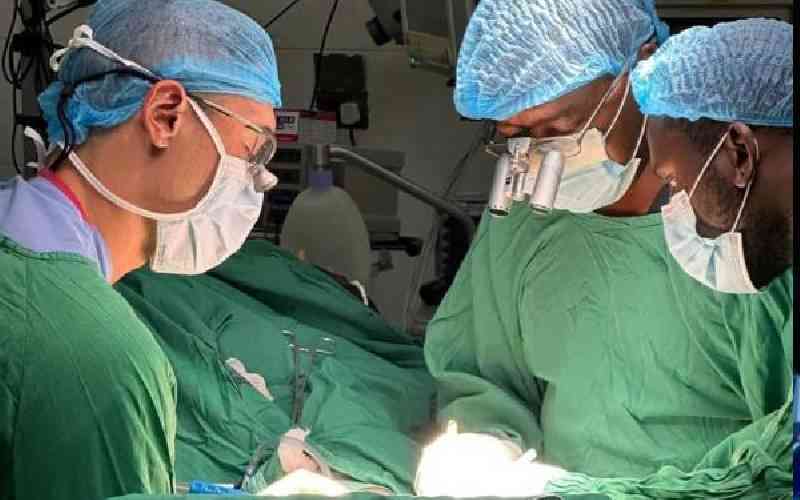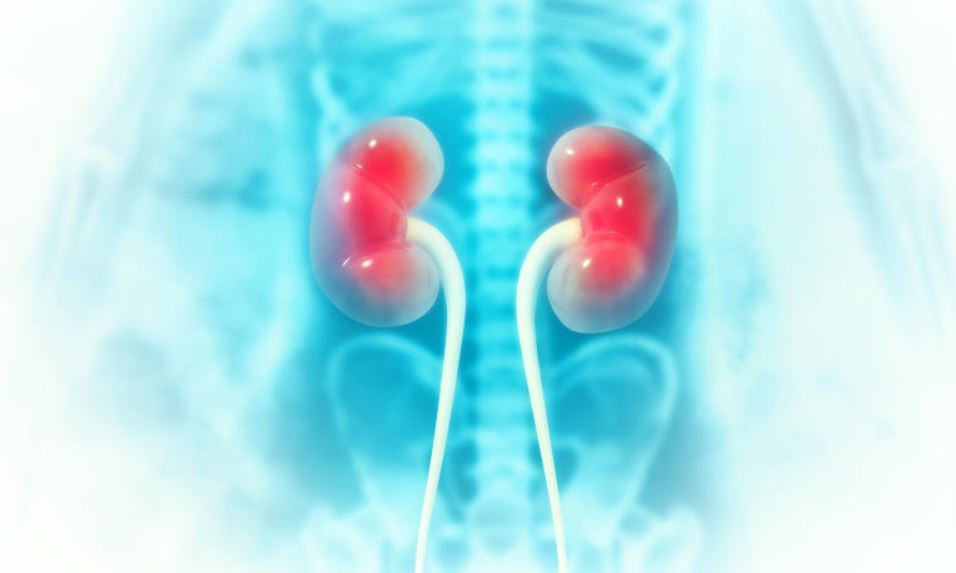
A recent study from the Nurses' Health Study II has revealed long-term health risks linked to endometriosis and uterine fibroids.
These common reproductive health conditions increase the risk of dying prematurely, before the age of 70, from complications such as respiratory illnesses, neurological disorders and gynaecological cancers.
The study tracked over 110,000 women for nearly three decades, making it one of the most detailed investigations into these conditions.
Women diagnosed with laparoscopically confirmed endometriosis were found to have a 31 per cent higher risk of premature death than those without the condition. Lead researcher Dr Yi-Xin Wang stressed the importance of lifelong health monitoring, stating, "These risks extend well beyond the reproductive years."
Professor Stacey Missmer, a co-author of the study, highlighted the need for healthcare providers to recognize these conditions as more than just reproductive health issues.
"Endometriosis has broader implications, increasing the risk of cancer and respiratory diseases," she noted.
Uterine fibroids, while not associated with a general increase in premature death, were linked to a higher risk of gynaecological cancers such as ovarian and endometrial cancers. Dr Leslie Farland, another co-author, emphasized, "Our findings highlight the need for tailored healthcare strategies, especially for women with both conditions."
- Uterine growths can give you bad shape and cause kidney failure
- How fibroids deny many women motherhood
- Lupita's battle with fibroids: What every woman should know
Keep Reading
Uterine fibroids are non-cancerous growths in the uterus, often caused by hormonal factors like oestrogen. They affect 20-30 per cent of women worldwide and can lead to heavy menstrual bleeding and pelvic pain.
Endometriosis is a chronic condition where tissue similar to the uterine lining grows outside the uterus. It affects about 10 per cent of women of reproductive age and causes severe pain, infertility and heavy periods. While treatments focus on managing symptoms, there is currently no cure.
In Kenya, reproductive health issues like endometriosis and fibroids are often underdiagnosed. These conditions significantly affect women's quality of life, causing infertility, chronic pain and reduced productivity.
According to the Kenya National Bureau of Statistics (KNBS), non-communicable diseases such as cancers, where endometriosis and fibroids play a role, are among the leading causes of death in women.
Globally, cancer is the second leading cause of death, with gynaecological cancers contributing significantly. The study highlights the importance of early diagnosis and comprehensive care.
Many women suffer silently due to stigma, limited access to healthcare or misdiagnosis. Public health campaigns, routine gynaecological check-ups and community-based interventions are vital to overcoming these barriers, especially in Kenya.
One striking discovery from the study was the nearly doubled risk of respiratory-related deaths among women with endometriosis. Deaths from neurological disorders were also 2.5 times higher in this group. Dr Wang emphasized the importance of lifelong care, saying, "These risks extend beyond reproductive years."
Reducing the burden of these conditions requires a multi-faceted approach, including more research, policy changes, and improved medical training. "Investing in reproductive health isn't just about improving individual lives, it strengthens the health system as a whole," Dr Wang said.
With greater awareness, access to care, and healthcare innovation, the risks associated with endometriosis and fibroids can be reduced.
Women are encouraged to seek medical advice if they experience symptoms such as severe menstrual pain, heavy bleeding or unexplained pelvic discomfort. Addressing these conditions early can improve women's health and quality of life.
 The Standard Group Plc is a multi-media organization with investments in media
platforms spanning newspaper print
operations, television, radio broadcasting, digital and online services. The
Standard Group is recognized as a
leading multi-media house in Kenya with a key influence in matters of national
and international interest.
The Standard Group Plc is a multi-media organization with investments in media
platforms spanning newspaper print
operations, television, radio broadcasting, digital and online services. The
Standard Group is recognized as a
leading multi-media house in Kenya with a key influence in matters of national
and international interest.











